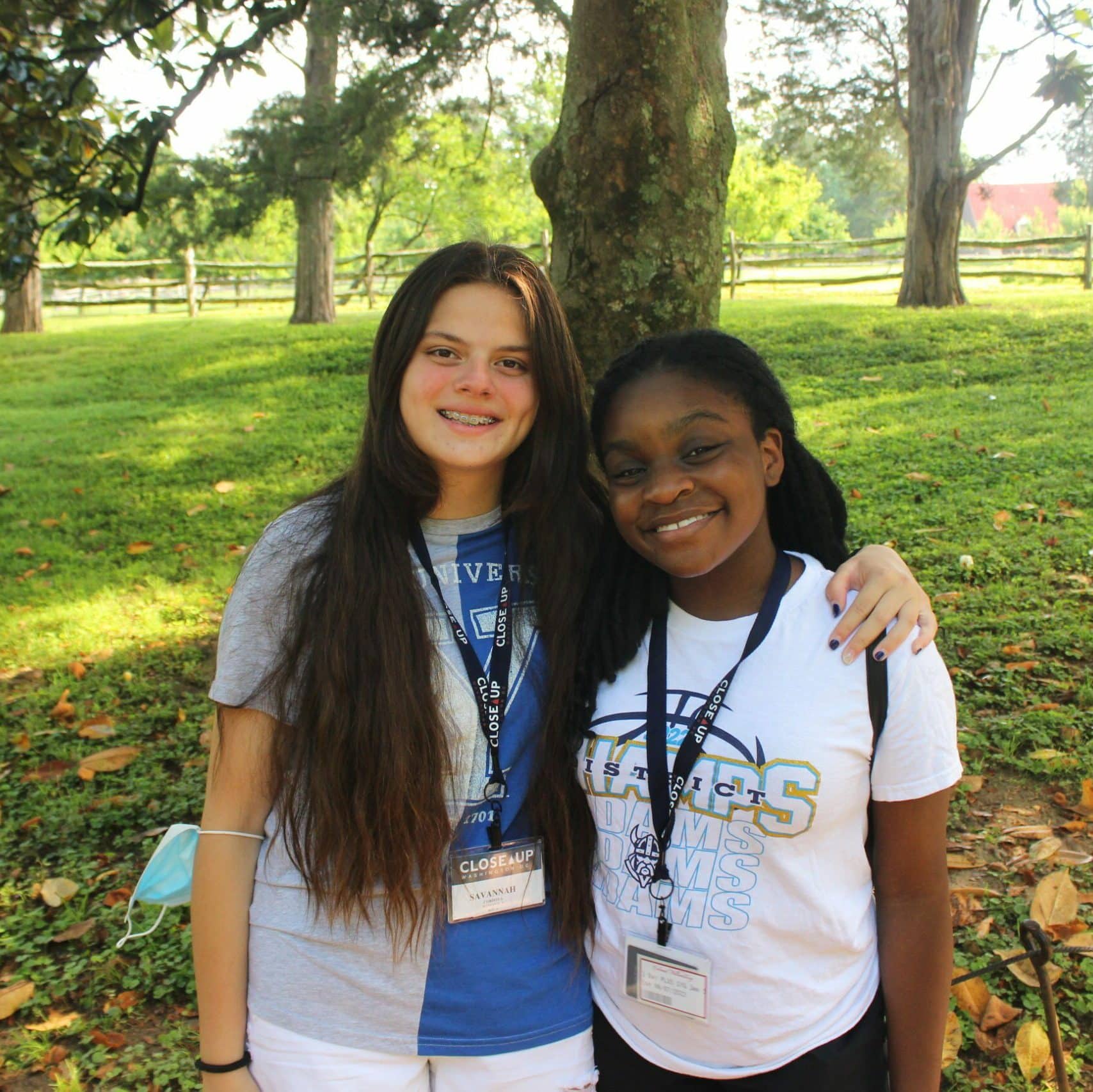Individuals who are more affluent are much more likely to participate in politics than those who are less affluent. -National Bureau of Economic Research, 2018


Expanding Opportunities to Students of All Backgrounds
Research shows that minority and economically disadvantaged students receive the fewest opportunities in school for thoughtful engagement with the political process and with critical current issues. It’s a loss that can affect them for the rest of their lives, with a Harvard Business Review study finding that business success is built on bringing people together from diverse backgrounds to work together and advance shared goals—skills that are practiced through civil discourse.
The support of our generous donor philanthropic partners helps Close Up fulfill its mission to reach students of all backgrounds and worldviews, creating diverse learning communities in which students learn with—and from—each other.
For information about giving and sponsorship opportunities, email us at support@closeup.org.







